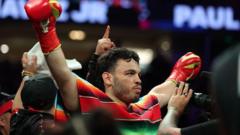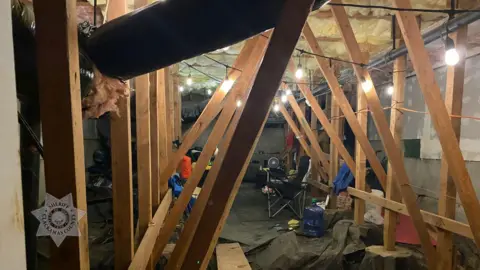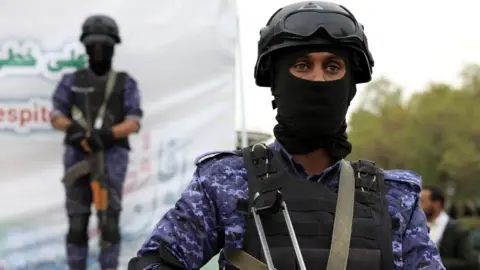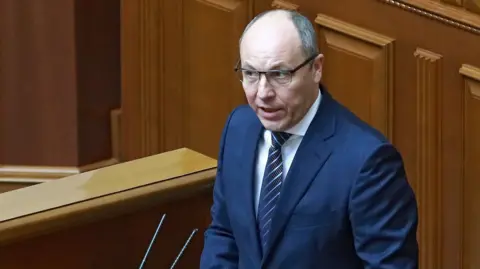Less than a week after a disappointing loss to influencer Jake Paul, Chavez Jr. was arrested in Studio City, Los Angeles, as part of an operation conducted by Immigration and Customs Enforcement (ICE). Officials from the Department of Homeland Security (DHS) cited his alleged affiliation with the Sinaloa drug cartel and previous arrests related to weapons charges as grounds for his expedited removal.
The controversies surrounding Chavez Jr. intensified following his statement two weeks prior, where he expressed concerns about the increasing number of immigration raids in Los Angeles. He described the fear experienced by himself and those around him, highlighting the societal impact of strict immigration policies under the previous administration.
Despite the serious allegations against him, Chavez Jr.'s attorney vehemently denied any wrongdoing, framing the arrest as an unjust targeting of the Latin community and suggesting that the accusations could be unfounded. The backlash against the immigration enforcement raises questions about the intersection of sports, immigration policies, and the ongoing struggles faced by the Latinx community in the United States.
As the boxing world awaits further developments, many are left to ponder the implications of Chavez Jr.'s arrest—both for his career and for the treatment of immigrants in the United States.
The controversies surrounding Chavez Jr. intensified following his statement two weeks prior, where he expressed concerns about the increasing number of immigration raids in Los Angeles. He described the fear experienced by himself and those around him, highlighting the societal impact of strict immigration policies under the previous administration.
Despite the serious allegations against him, Chavez Jr.'s attorney vehemently denied any wrongdoing, framing the arrest as an unjust targeting of the Latin community and suggesting that the accusations could be unfounded. The backlash against the immigration enforcement raises questions about the intersection of sports, immigration policies, and the ongoing struggles faced by the Latinx community in the United States.
As the boxing world awaits further developments, many are left to ponder the implications of Chavez Jr.'s arrest—both for his career and for the treatment of immigrants in the United States.





















